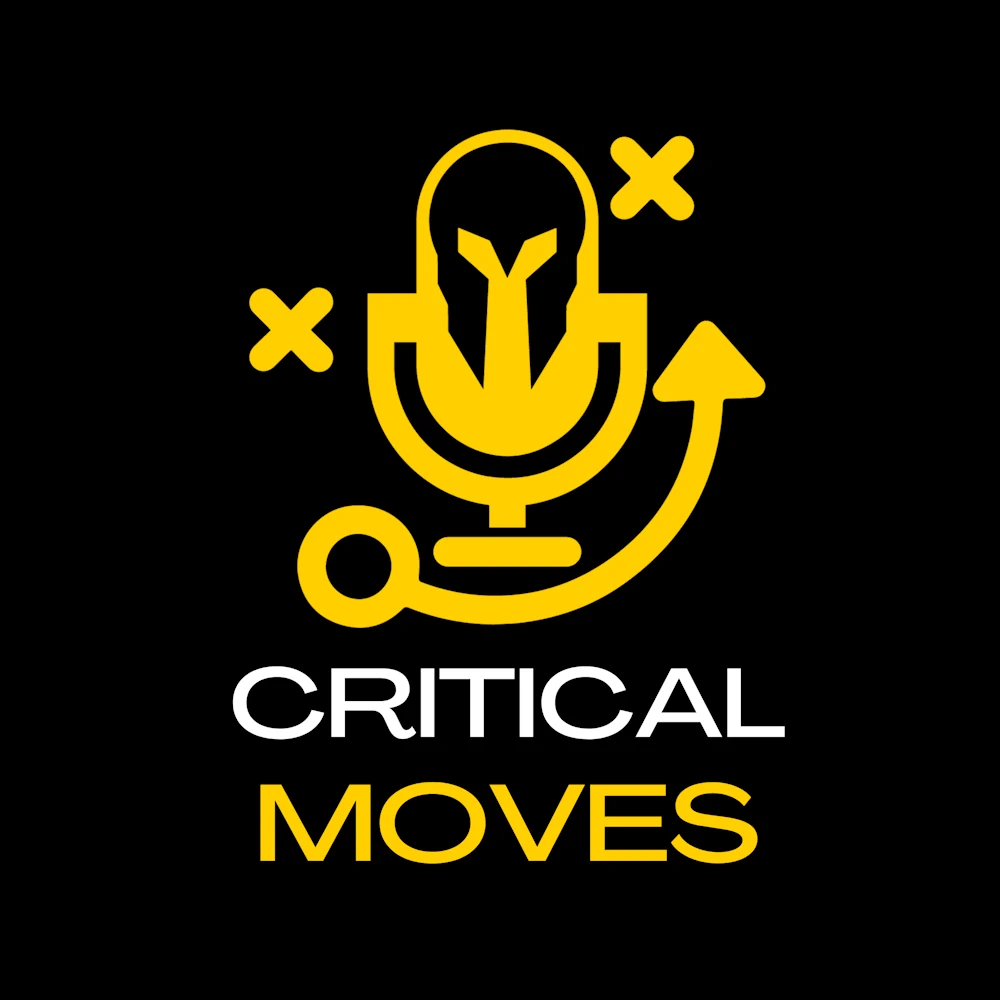In this episode of Critical Moves, we sit down with Tatsu, a game developer with a background in both traditional tech and indie strategy projects. Tim and Jack join him for a wide-ranging discussion about breaking into the industry, surviving the learning curve, and building games that actually work.
MEET TATSU
Tatsu doesn’t come from a typical game dev background. He got started in engineering, drifted into modding, and gradually moved toward designing and developing strategy games with a focus on systems depth and replayability. His path hasn’t been linear, and he’s honest about the challenges. From learning the ropes in Unity to navigating feedback loops from early testers, he breaks down the process without sugar-coating it.
What stands out is his methodical approach. He’s not chasing trends or reinventing genres – he’s building games he’d actually want to play. That grounded mindset threads through the whole conversation, especially when the group gets into the weeds of iterative design and early prototyping.
FROM PROTOTYPE TO PROJECT
Tim asks about the early stages of development – how you go from an idea to something you can actually test. Tatsu talks through some of his early prototypes, including scrapped concepts and throwaway builds that helped clarify mechanics. Jack picks up on the tension between iteration and perfectionism, and the conversation turns toward finding the right balance between refining an idea and knowing when to move forward.
Tatsu shares some of the hardest lessons learned: feature creep, burnout, and the ever-present temptation to chase polish before structure. The group reflects on how early success in prototyping can lead to false confidence, while early failure can be quietly valuable if you actually listen to what it’s telling you.
GAME DESIGN VS. GAME DEVELOPMENT
There’s also a deeper discussion about roles in game creation. Tatsu draws a clear line between game design – the abstract, systems-thinking part – and game development, which includes all the ugly, practical work of getting those ideas to function. Jack points out how often people confuse the two, and Tim adds that many strategy games fail not because the design is bad, but because the execution breaks down under technical pressure.
Tatsu explains how working alone on projects has taught him to be brutally honest about scope. He’s not interested in making a game that sounds amazing but will never ship. He’d rather make something simpler that actually works – and keeps working.
THE STRATEGY GENRE: CHALLENGES AND OPPORTUNITIES
Naturally, the conversation turns toward strategy games. Tatsu talks about his influences, from classic RTS to modern indie sims. He’s drawn to complexity but wants that complexity to emerge from simple rules. Jack asks about UI/UX – how to teach players without overloading them – and Tatsu brings up examples where good interface design has saved an otherwise frustrating concept.
There’s also a bit on the market itself. Strategy isn’t the most commercially forgiving genre, but it has loyal players who care deeply about mechanics. Tatsu believes there’s still room for innovation – just not the kind that screams for attention. Quiet, smart design has its place.
FINAL THOUGHTS
If you’ve ever thought about building your own game – or just want to understand what really goes into the process – this episode pulls back the curtain. Tatsu doesn’t overstate anything. He just explains what it’s actually like: hard, weird, sometimes exciting, and often exhausting.
Thanks to Tatsu for joining us. We’ll be watching closely for whatever he releases next.
Want to join the discussion? Head over to our Discord or the forum.
Listen on Spotify, Apple Podcasts, Amazon Music, or search your alternative preferred podcast provider.
Ahh, we’re on YouTube too!
Discover more from Critical Moves Podcast
Subscribe to get the latest posts sent to your email.

